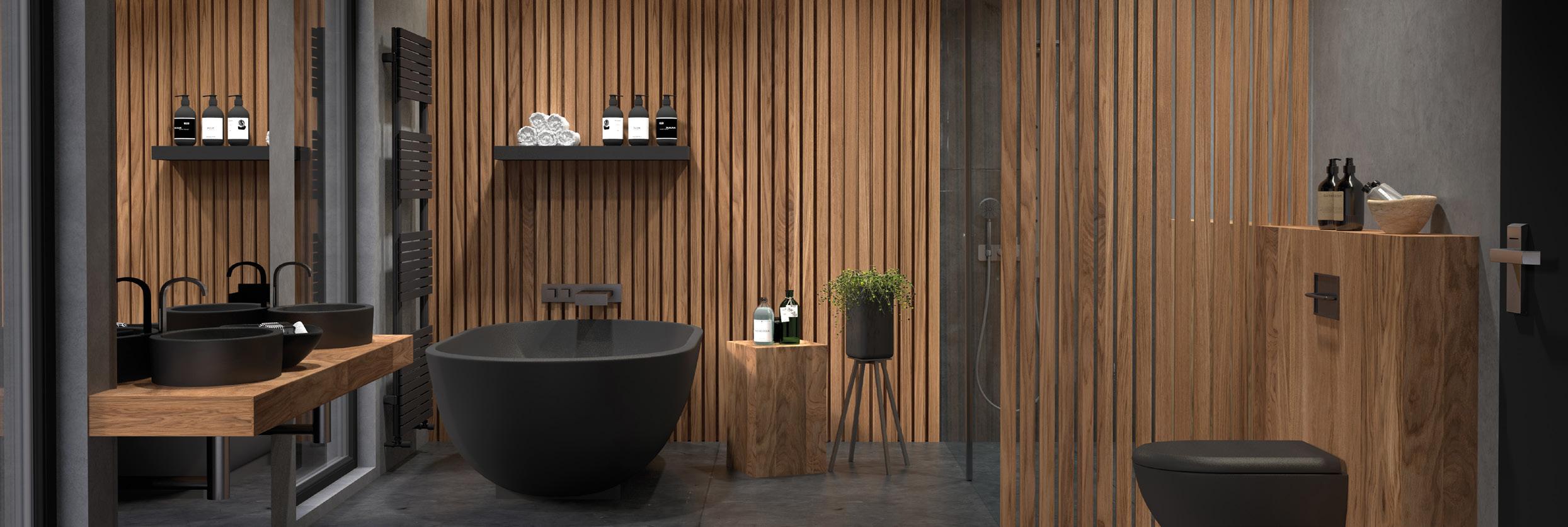
3 minute read
The Road Less Travelled
Diane Birch, Executive Director of BITA, considers the benefits of being open minded
I make decisions with my head rather than my emotions. Of course, everyone lets feelings take over from time to time, but as a marketing strategist, if I let my emotions tell me what I should focus on, rather than follow the hard evidence, I wouldn’t be nearly so effective.
Although people have different feelings when considering coming out of lockdown, for me ‘getting back out there’ is tinged with dread as well as excitement.
As many BITA members know, I have suffered with serious allergies that cause anaphylaxis as well as seizures. These can be triggered by anything from aftershave and perfume (yes events are a pretty dangerous place for me!) to flowers and even hand sanitizer. The anaphylaxis is followed by up to two weeks of brain fog, which is incredibly annoying at the best of times but even more challenging when often you need to think very quickly on your feet. Going outside started to become a scary proposition for me as I would never know when I might encounter a trigger which would leave me vulnerable. Lockdown has given me time to concentrate on my health and try to find a solution that will help me cope with the anxiety that these daily threats have on me.
For years I have visited various specialists and experts in different fields all over the country, but I didn’t seem to be improving. I have been taking medically prescribed antihistamines for years, but the ‘episodes’ kept coming and nothing concrete came out of many hours of tests and meetings. In desperation I turned to alternative medicine, the kind that many, myself previously included, dismiss as dubious, or a placebo at best. But just as there are traditionally no atheists in foxholes, for those seeking a cure to a chronic issue, there are no treatments we are unwilling to try.
After trying various diets and hypnotherapy treatments and upon the recommendation of a friend, I decided to try an ayurvedic retreat, and to give it my best go; after all, what’s the point if you don’t really commit!
Ayurvedic medicine, at between 3 or 5,000 years old, is one of the world’s oldest holistic healing systems, and remains one of the traditional medicines used in India. It combines diet, exercise and lifestyle changes, along with medicines derived from plants, minerals and animals, and is classed as an alternative, or complimentary, medicine in the west.
It’s not easy; no processed foods, no sugar, no carbs, no alcohol, cheese or shellfish and to my distress, no eggs. In addition to this diet, they recommended a strict regimen of daily yogic breathing, turmeric, lemon grass and eucalyptus infused steaming, yoga practice, meditation and weekly massage (with mustard oil – stinky!), needless to say this holistic approach was not an NHS approved treatment.
When preparing to leave the retreat, the doctor told me to maintain this restrictive lifestyle, for at least six months. It has required dedication and food preparation, and no restaurant food (which has been easier due to lockdown), or takeaways, but when six months later I could see that I’d only had two seizures in a month, compared to four or five (and getting worse), I knew that I was onto something.
Now, I am a little less strict, but with the fully restricted diet that they recommended for me to ‘reset’ my system, I can now handle things that had previously tipped me over the edge. I will probably have to keep to this diet for the rest of my life as there is no absolute cure for me but along with taking the four antihistamines a day, I can at least go outside.
I can say today that the alternative therapy I tried was, and continues to be, lifechanging for me. I have spoken to many others who say the same, and who are we to doubt their lived experiences? I would urge anyone suffering from a chronic illness to at least investigate alternative or complimentary therapies if they aren’t finding relief in the world of traditional medicine. If you are worried, check with your doctor – they may roll their eyes and tell you not to bother, but they can also tell you if anything will interfere with your medication. Complimentary treatments really can make life enjoyable again.










